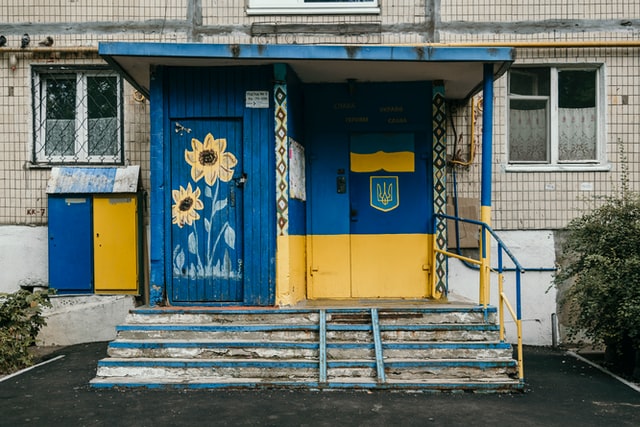Zelensky’s ‘camouflage chic’, unrehearsed Churchillian oratory and what victory looks like for Ukraine

Three telling points emerged from Economist editor-in-chief Zanny Minton Beddoes’s interview with Ukraine’s President Volodymyr Zelensky (paywall) in his “fortress” in Kiev on March 25.
** Even before the February 24 Russian invasion of Ukraine, he possessed a stock of “camouflage chic”, as Ms Minton Beddoes referred to the khaki T-shirts and other gear the world has seen on TV.
** Victory for Ukraine would be to save lives. Or as Mr Zelensky said: “Victory is being able to save as many lives as possible. Yes, to save as many lives as possible, because without this nothing would make sense. Our land is important, yes, but ultimately it’s just territory.”
** He doesn’t rehearse his speeches, a la Winston Churchill, because he “doesn’t have time”. Mr Zelensky said, he feels what he says. To which Ms Minton Beddoes replied, you feel and the world hears.
There were other highlights, of course. Not least, Mr Zelensky’s response to a question about being seen as “a 21st-century Churchill”. How did that extraordinary change come about?
Mr Zelensky answered soberly that it was prefigured. That Ukrainians elected him because they “saw my honest position on everything. Like your father says, if you don’t know how to do something this way or that way, be honest and that’s it. You have to be honest, so that people believe you. You don’t need to try. You need to be yourself.”
Being himself, Ukraine’s president also responded honestly – and pretty clearly – to The Economist’s question about the impossible task of winning, saving lives and at the same time saving the country.
“To save everyone, defend all interests while protecting people and not giving up territory is probably an impossible task. You’re right. This presents a difficult choice, but sometimes there exist so-called ‘principled’ decisions. Take, for example, cities, which, if we decided to abandon them voluntarily, would be taken by Putin, who would continue advancing, farther and farther, because he has the appetite of a hungry person. What’s important here is not that this choice is a “good” one or “bad” one, per se. What’s important is that the decision is made together with the people.”

